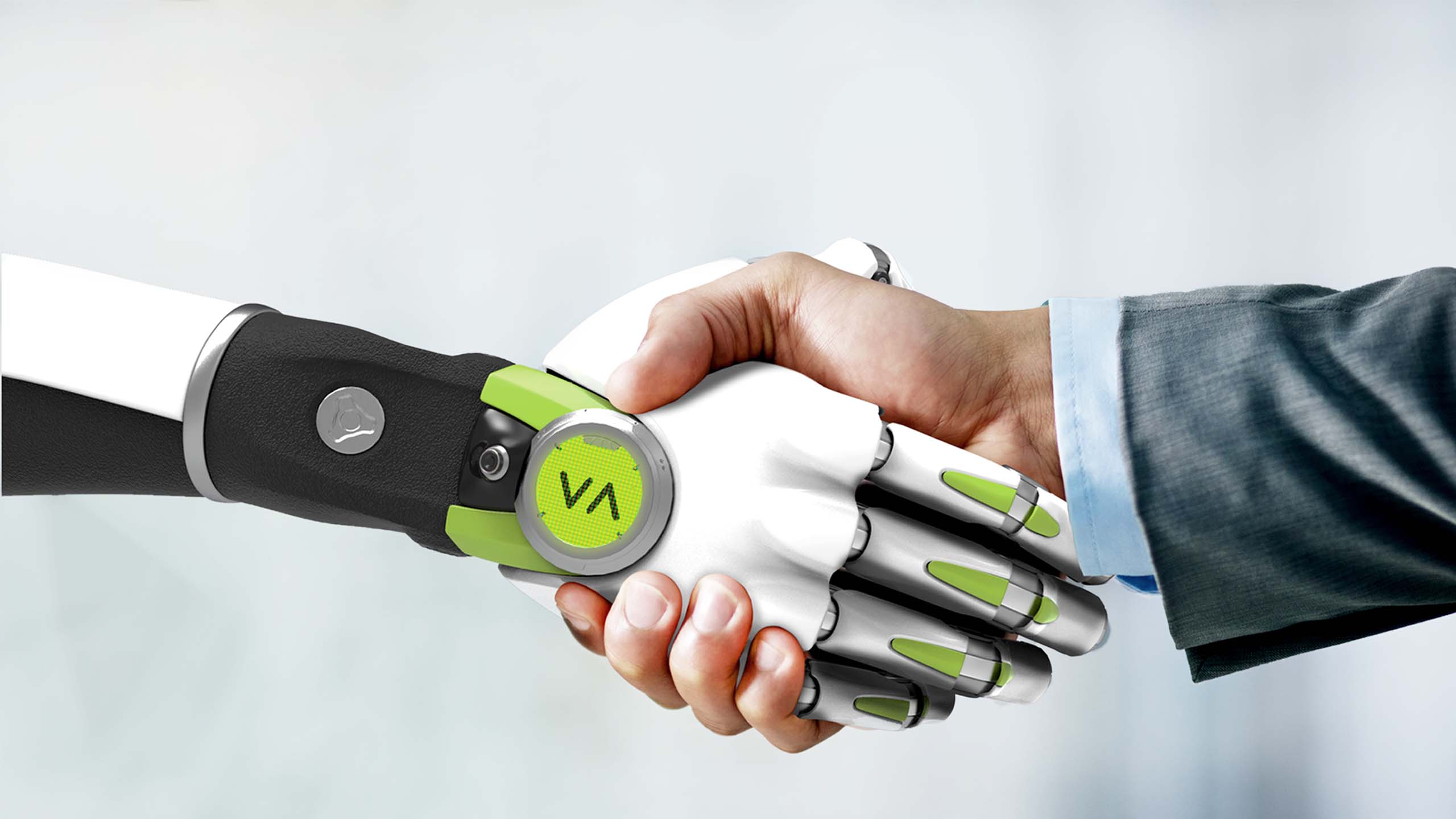Originally published on IT-Online on 7 Oct 2021
For consumers wary of engaging physically with service providers, online self-service channels have increased in popularity over the past 18 months.
Consumers want to chat to businesses where they are, on channels that suit them. It may suit the business to have a call centre, or a chat interface on its website, but if your customers aren’t interested, you need to meet them where they are.
Enter chat commerce. Chat commerce allows consumers to make purchases, engage a service or get support, via their mobile phones, using the chat app of their choice.
These chats are handled on the brand side by humans or chatbots. Which poses a problem for businesses in highly regulated industries that cannot afford to have an ill-programmed chatbot, or an ill-advised human, give incorrect information or incorrect advice.
The number of variables, systems and rules that need to be considered in any given scenario for businesses in, for example, insurance or banking, has put these businesses off using digital workers to deliver digital self-service or to augment their human workforces.
CLEVVA Solutions CEO Ryan Falkenberg comments: “This has been exacerbated by attempts and consequent failures to automate self-service using chat bots, FAQs, decision-tree scripting tools and coded expert systems.”
Self-service has evolved, however, and it’s now possible to offer customers contextual, relevant assistance to help them resolve requests, queries, issues or complaints in a way that is compliant and contextually accurate, using digital experts. Back-end automation technologies, by way of digital workers, can then step in and ensure that any decisions made in the conversation are executed, flawlessly.
What this means for highly-regulated sectors, says Falkenberg, is that they can roll out chat commerce, meet customer demand for highly-personalised service, and be compliant, without the need for human intervention.
“Digital experts can engage with humans at the same level as an expert agent or advisor,” he adds. “This frees up human agents to only engage customers when they want an empathic conversation, with someone who cares and can make them feel heard and understood.”
For customer service teams this changes the role of human agents considerably, freeing them up to do valuable work that enhances the company’s relationship with the customer rather than rote, repetitive work that often results in frustrated humans on both sides of the conversation.
“Additionally, it’s possible for teams to build digital experts that can work across multiple interfaces- from your website to WhatsApp or your mobile app channels – ensuring that your customers are offered a compliant and hyper-relevant service engagement that completes the last mile without requiring human intervention. And with new digital expert technology now available, low code teams can keep this digital expert up-to-date without being trapped in an explosive knowledge base or decision tree code.”
Consumers are more likely than ever to change suppliers due to bad service. For businesses, this means digital transformation of their customer service channels is non-negotiable. This includes offering customers the ability to have a real-time conversation as and when they require – one that offers context-relevant information, assistance and advice. And most importantly, one that gets the job done.
Many companies are trying to offer this using human agents. As demand grows, this will suffer the same quality and scale challenges of contact centres. Fortunately they now have the ability to employ a single digital expert capable of having thousands of conversations across channels, all in a consistent, compliant and hyper-contextual way.
View original article here.

